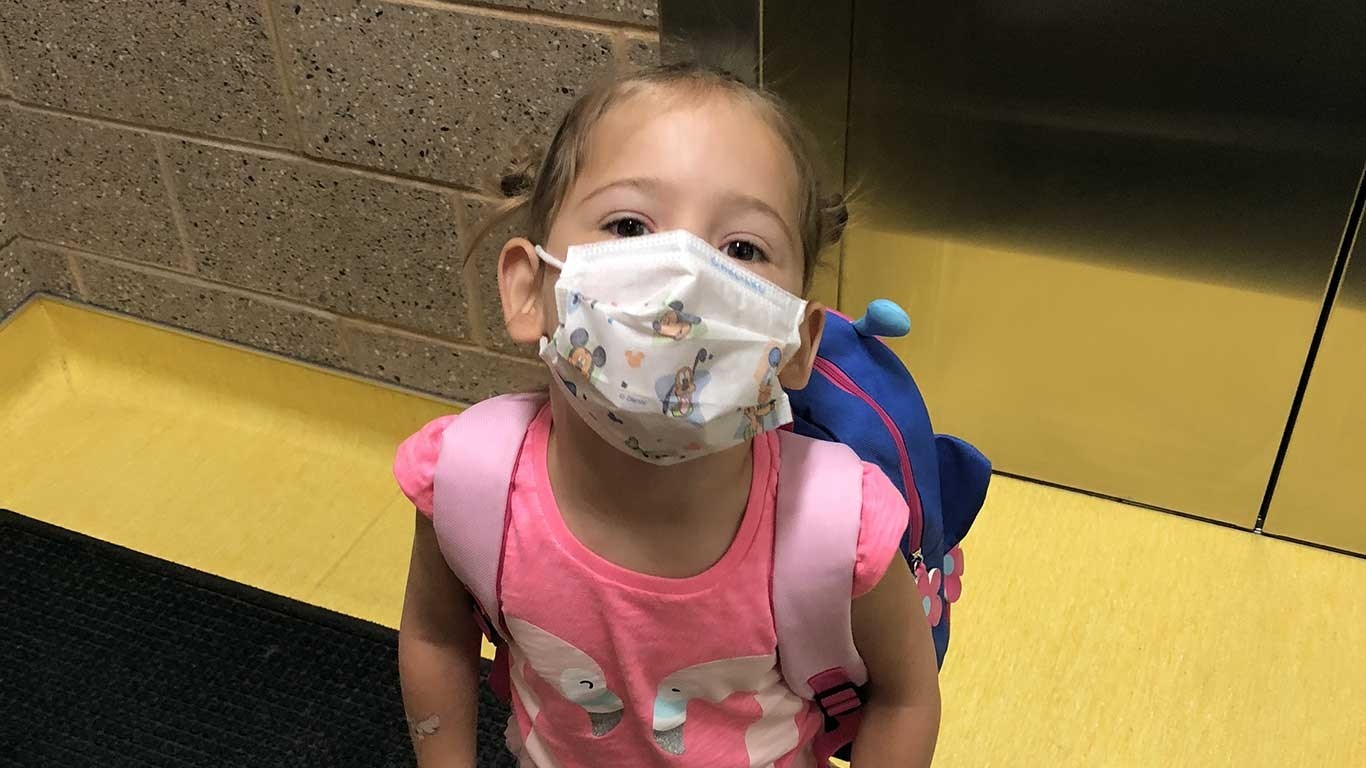What is Cystic Fibrosis?
Cystic Fibrosis is a genetic, progressive disease that primarily affects the lungs and digestive system. Cystic Fibrosis (CF) is a recessive disease, to be born with CF a person must inherit a mutated gene from both parents. This mutated gene causes malfunction in the cells' salt channels — because salts cannot flow through the walls of cells as they do in most people, people with CF have thick, sticky mucus that builds up in their organs. This mucus traps bacteria and viruses in the lungs which can lead to infections and scarring, decreasing the ability to breathe over time.
CF also affects the digestive tract by inhibiting the body’s ability to make digestive enzymes — impairing food digestion, nutrient absorption, and the ability to gain and maintain weight.
These are only the most commonly endured symptoms of CF, it affects many other body systems as well. CF can be an invisible illness, a person can look healthy and “normal” on the outside but there is a war going on inside their body. Cystic Fibrosis is a terminal disease, with an average life expectancy of 43 years old.
Who does Cystic Fibrosis affect?
- There are more than 30,000 people who are living with Cystic Fibrosis in the United States, and 70,000 worldwide.
- There are about 1,000 new cases diagnosed with CF each year.
- Most people are diagnosed before they are 2 years old
- For the first time ever, more than half of the CF population is over 18 years old.
- 1 in every 31 americans is a carrier of the mutated cystic fibrosis gene, and the mutation can be found in every ethnic group.
What is life like with Cystic Fibrosis?
Almost all people with CF take a handful of medications every day. At four years old, Quinn takes around 20 pills daily. Most people with CF take enzymes every time they eat so their body can digest and absorb the nutrients, they also take vitamin supplements to get the correct amount of nutrients. One of the biggest battles with the digestive process in CF is eating a high calorie, high fat diet — still a child, Quinn’s goal for calories is 2,400 per day, where most adults eat anywhere from 2,500-5,000 calories each day just to maintain their weight. There are some recently developed medications that help treat the root cause of CF, fixing the salt channels so the body absorbs salt better. While these medications aren't perfect, they're helping a small portion of people with CF — hopefully within a few years they will help up to 97% of people with CF.
What does a list of medications like this cost? Without taking into consideration the new medications that have recently come out, the average monthly cost is $15,000. If you are eligible for the new medications, the cost is closer to $45,000 per month.
The most time consuming aspect for people with CF is breathing treatments — with an average of 2-4 hours of breathing treatments every day. These treatments can consist of vests, inhaled nebulizers, manual percussion therapy, and other devices and medications to help clear their lungs. With vest therapy, the vest is hooked to a machine that fills it with air and shakes mucus out of the lungs making it easier to cough up and expel. People also inhale medications to thin or break up the mucus making it easier to cough up. People with CF battle every day to keep themselves healthy and breathing.
In addition to regular CF treatments, when there are signs of an infection, serious action must be taken. With CF a cold is never just a cold. Typically an oral antibiotic is taken within the first few days of catching something to prevent bacteria spreading into the lungs, which can cause scarring and permanent damage. When an oral antibiotic is not enough, hospitalization is required — with IV antibiotics for 10-14 days and double the amount of breathing treatments. This is a huge burden for the person with CF and their family. There are huge costs not only for the hospital stay, but possibly lost income, child care and more. #WinForQuinn is helping to cover these costs not only for our family, but others affected by CF.

